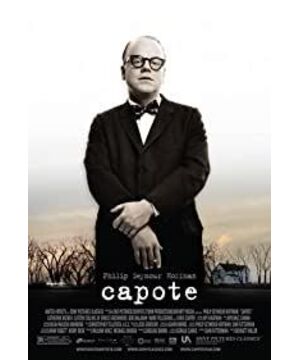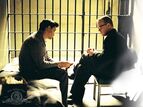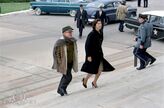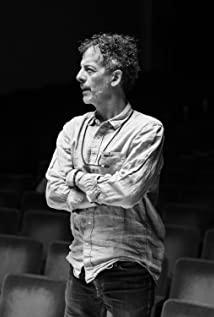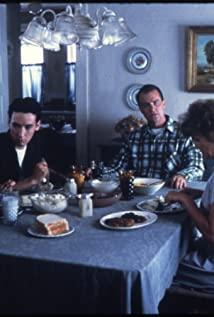Capote is keen.
Capote is cold.
Capote is alone.
But Capotti didn’t need to open his eyes to face himself. He could use ridicule and self-deprecation to arouse more clamor, day after day, in the noisy hustle and bustle of the human voice, and in order to confuse his image and perfuse himself. Ordinary living.
It wasn't until he started to write the wonderful book "IN COLD BLOOD" about the murderer who killed a family of four for less than 100 dollars.
In the dialogues with the murderer, Capote sought the materials and clues of the book, but he was unconsciously standing in front of the mirror. The more he digs and captures the self-consciousness of the other party—the killer—the more Capote is. The need to face and touch your inner self.
Capote used his inner consciousness to connect to the heart of the killer.
As if standing on the surface of a frozen lake, Capote resonated with the brutal personality of a killer fan in those quiet thoughts in the process of writing.
When writing the book, Capote could not use mocking others and self-ridicule as usual to perfuse others and perfuse himself.
Capote's keenness.
Capote's coldness.
Capote's loneliness.
In the end, Capote was stuck in the argument for self and could not extricate himself.
Because Capote is too narcissistic.
The slayer killed people because he couldn't bear the momentary shame when facing the victim, and Kabotti, because he couldn't bear the cold heart reflected in the slayer's body, gave up the world.
This is a cold story.
The sharp reflection of the coldness of part of human nature.
After watching the movie, there is a kind of sadness in my heart, as if it is heavy and light.
View more about Capote reviews


